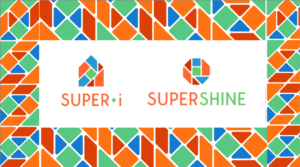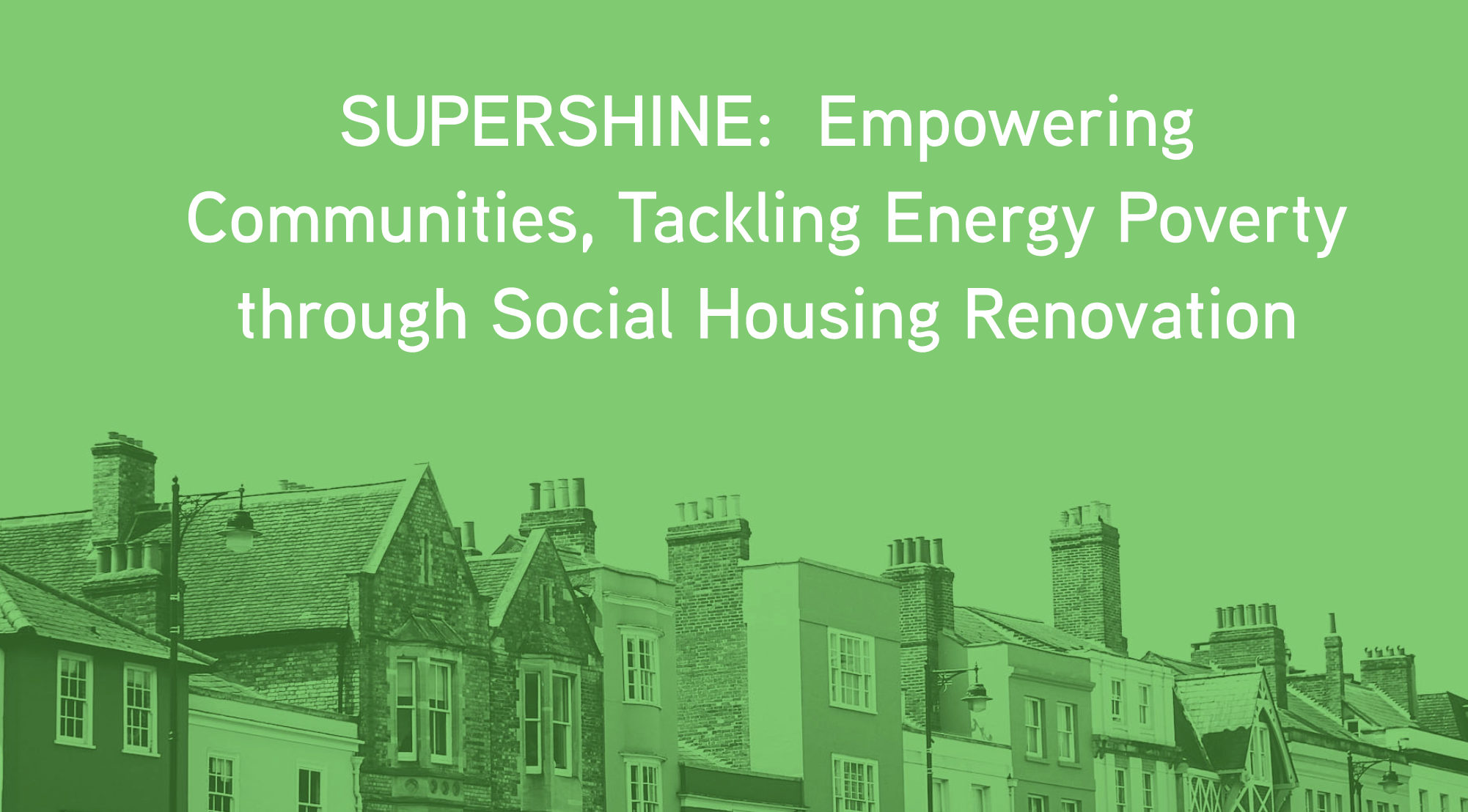

About
SUPERSHINE is an EU-funded project that focuses on the renovation of social housing to help households struggling to pay their energy bills, contributing to the decrease of energy poverty.
It aims to create replicable models of smart districts, based on energy efficiency, affordability, and sustainability and ensure adequate and well-targeted funding.
SUPERSHINE will pioneer city districts working together to accelerate the knowledge to facilitate the transition to zero-carbon living in Europe.
The project will operate on 3 pilot lighthouse districts; Trieste (Italy), Herning(Denmark) and Riga(Latvia) which will be used as demonstrators.
The SUPERSHINE lighthouse districts will be characterised by energy efficient buildings, low carbon mobility, smart grids, efficient water and waste management, all underpinned by responsive technologies that optimise resources while promoting wellbeing and sustainable lifestyles.
Following the lighthouses demonstration along the smart neighbourhood approach, SUPERSHINE partners will develop corresponding models in our Fellow cities: Setúbal (Portugal), Belgrade (Serbia), Zaragoza (Spain) and Istanbul (Turkey).
The objectives and impacts of the SUPERSHINE project will assist and support the European Commission to implement the European Green Deal.
The SUPERSHINE project also will support the EU Renovation Wave Strategy, the New European Bauhaus and will pioneer city districts working together to deploy and accelerate the knowledge, expertise and best practice needed to transition to zero-carbon living and build resilience into Europe’s cities.
SUPERSHINE will capitalize the methodology and the work done inside the project SUPER-i.
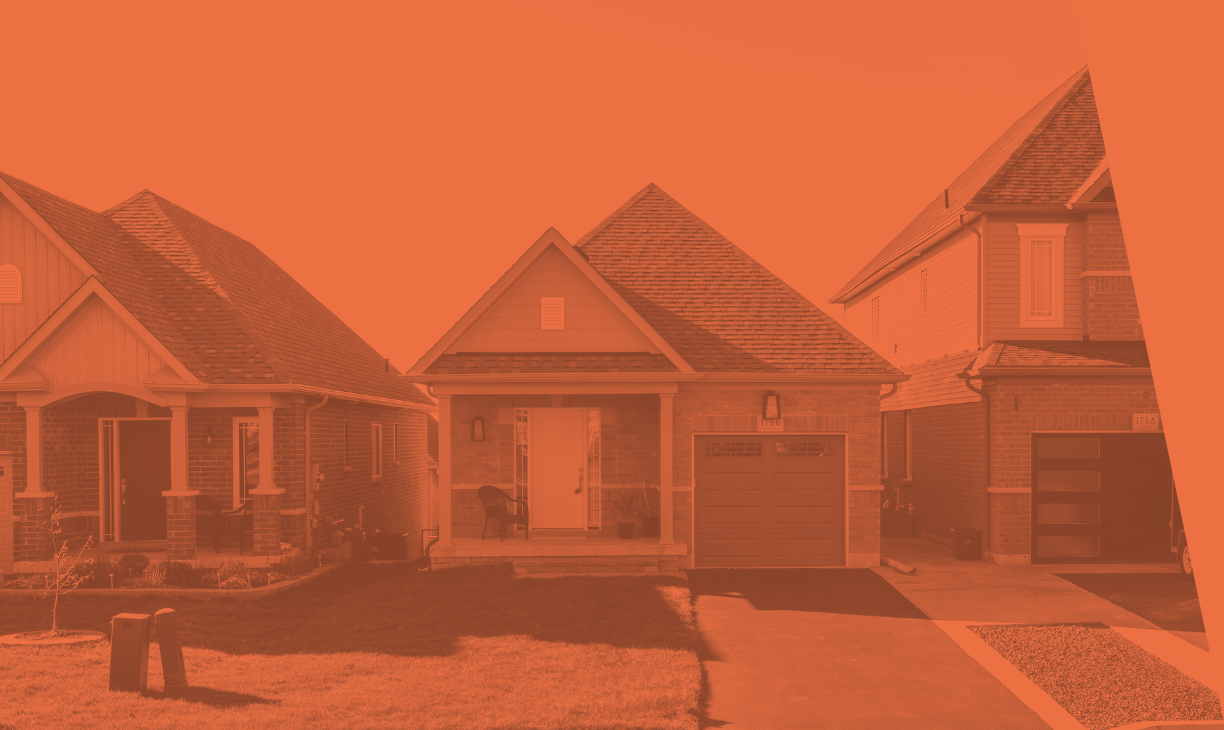
Discover SUPER-i project
SUPER-i and SUPERSHINE work together to renovate social houses as we know them
Approach
The main areas of intervention and lead actions critical to enable a step-change in the depth and scale of renovations are:
- The SUPER-i project will deliver innovative financing schemes that are operational and ready to support the financing of EE refurbishment in the social housing sector.
- Strengthening incentives for public and private owners and tenants to undertake renovations;
- Ensuring adequate and well-targeted funding by supporting innovative financial solutions such as Public Private Partnerships (PPPs) and Green Public Procurement (GPP) and collaborating with innovative local Small and Medium Enterprises (SMEs);
- Making the construction ecosystem fit to deliver sustainable renovation, based on use circular solutions, and reuse of sustainable materials, and the integration of nature-based solutions while reducing whole life-cycle carbon emissions;
- Promoting the decarbonisation of heating and cooling, which is responsible for 80% of the energy consumed in residential buildings.
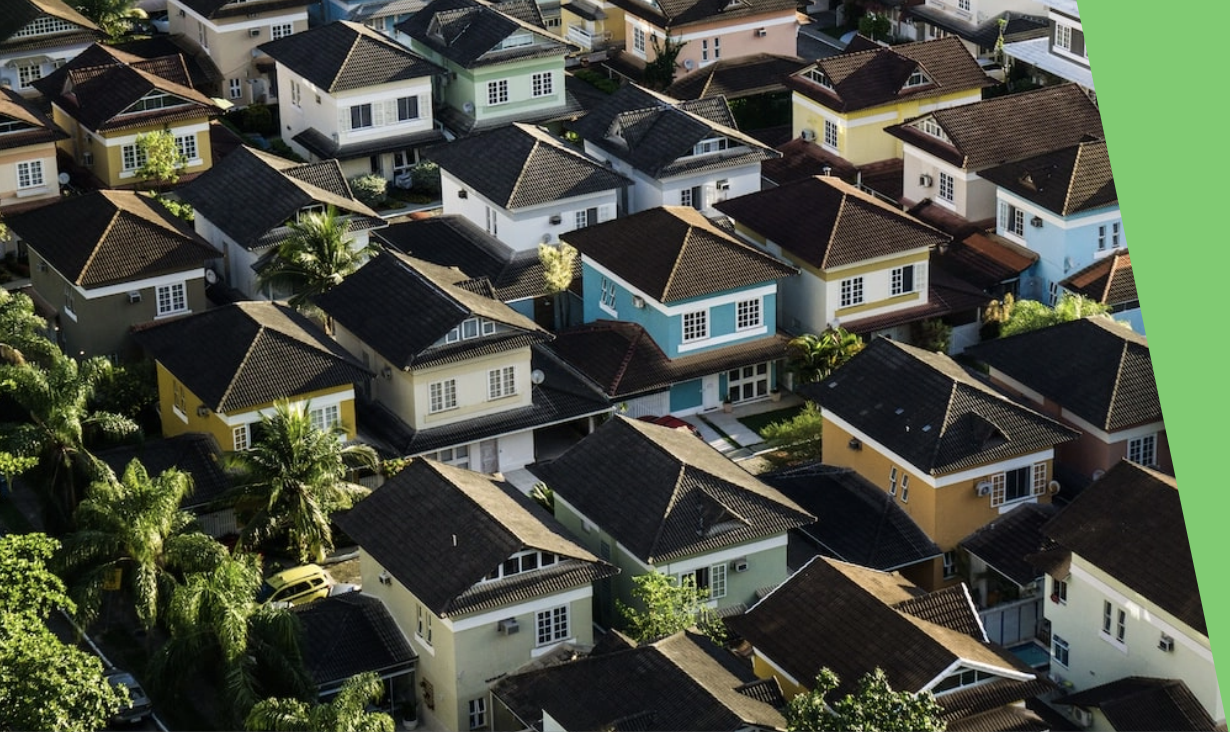
Lighthouses
Lighthouse districts are in three cities: Trieste (Italy), Herning (Denmark) and Riga (Latvia).
Expected outcomes
- Replication of renovation pathways following a smart neighbourhood approach and the concept of “lighthouse districts”.
- Mobilization of cross-sectoral industrial partnerships at local level.
- Development of new processes, methods and technologies into renovation projects, centred on the needs of residents and able to foster sustainable industrial-urban symbiosis.
- Development of new bottom-up human-centred business models in housing that facilitate engagement of residents in sustainable renovation processes.
- Production of blueprints for replication and adaptation and a network amongst social housing providers.
Consortium
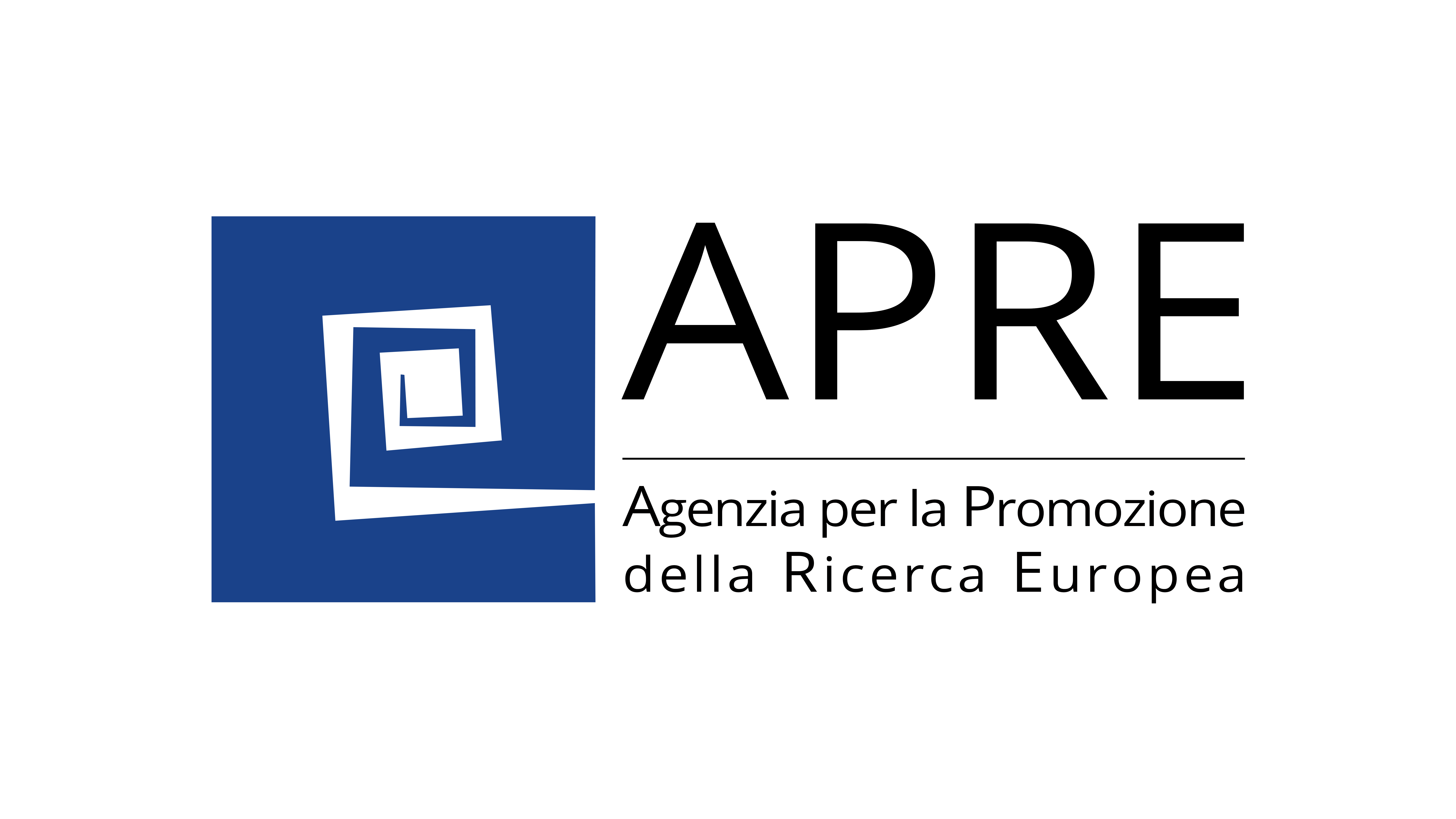
Agenzia per la Promozione della Ricerca Europea
Project Coordinator
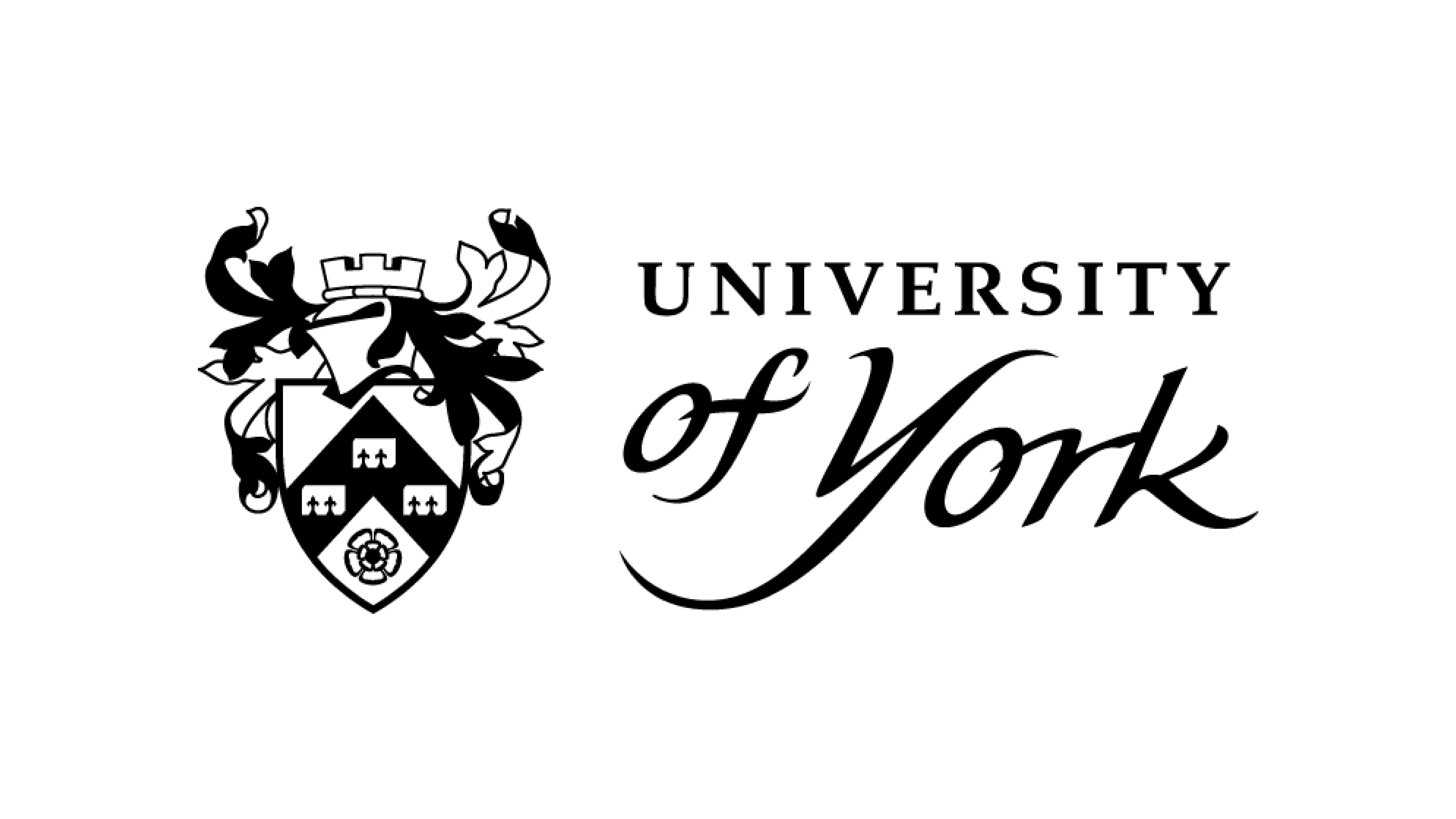
University of York
Scientific Coordinator
Latest News
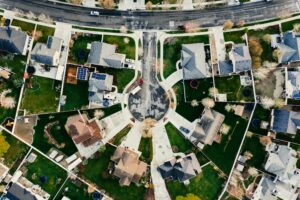
SUPERSHINE Lighthouse Districts : Pave the Way for Sustainable Urban Living
SUPERSHINE lighthouse districts represent a bold step towards sustainable urban living. By integrating innovative technologies and involving communities in the decision-making process, the projects aims to create not just buildings,

Shaping Tomorrow Together: Surveys for Lighthouse Owners, Managers, Residents, Tenants, and Local Businesses
These surveys aim to gather diverse perspectives, from building stakeholders to local residents, to shape the future of crucial buildings and districts. Available in multiple languages, these surveys invite global








